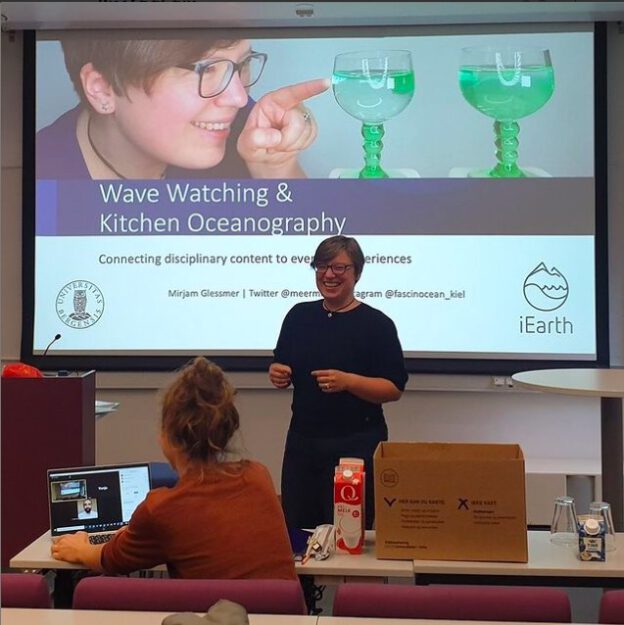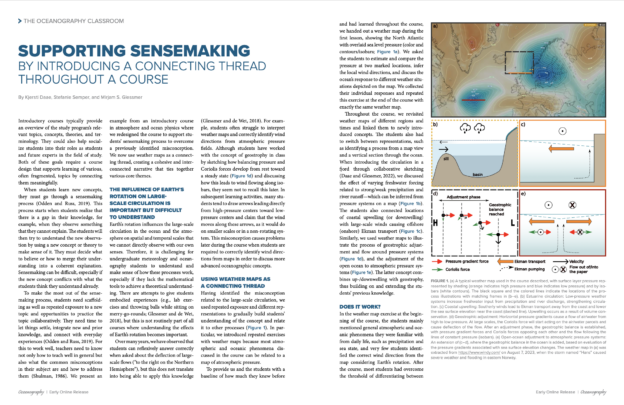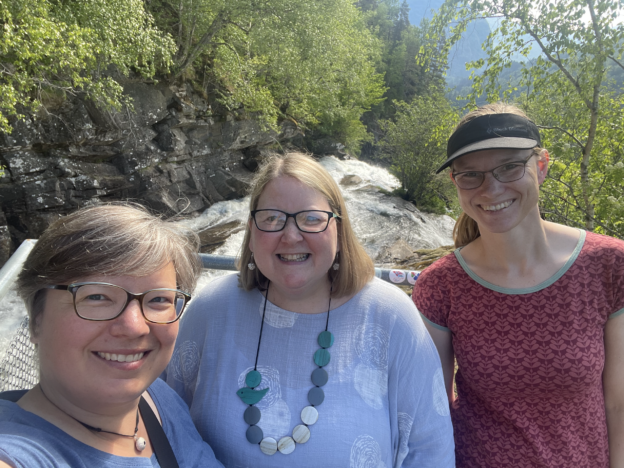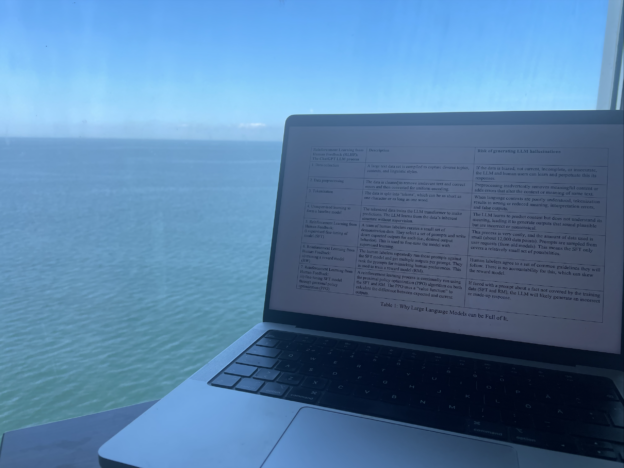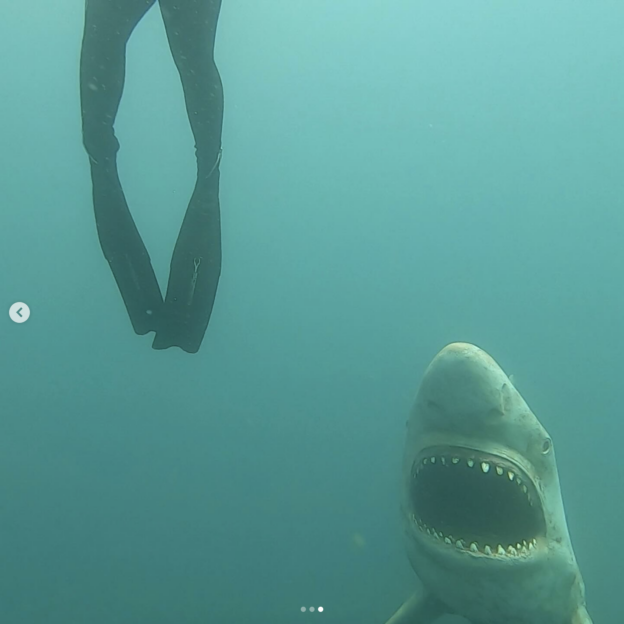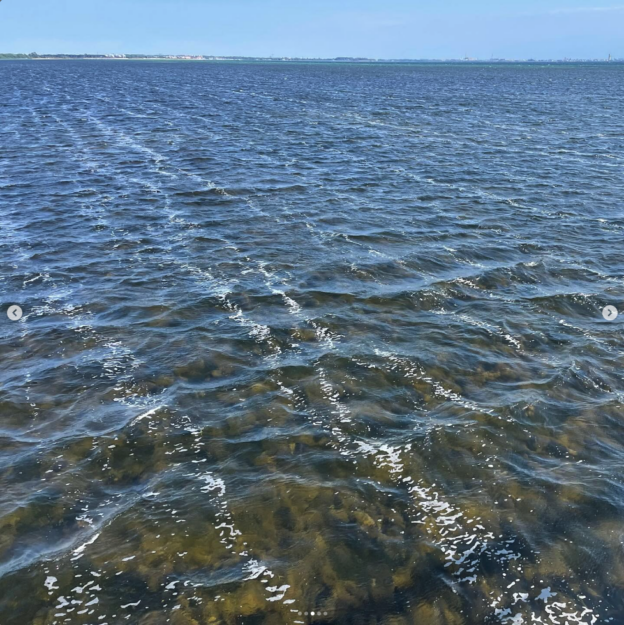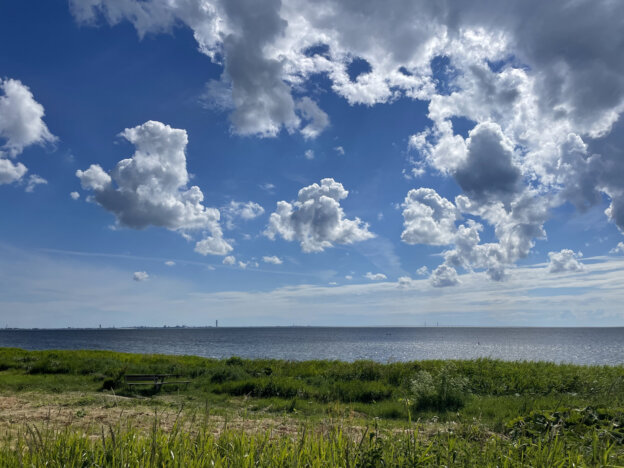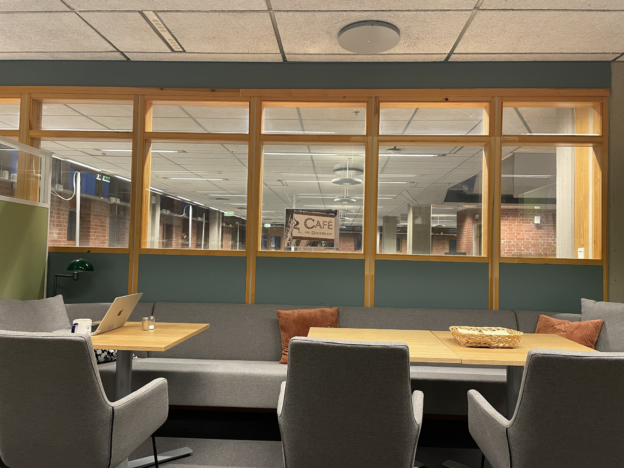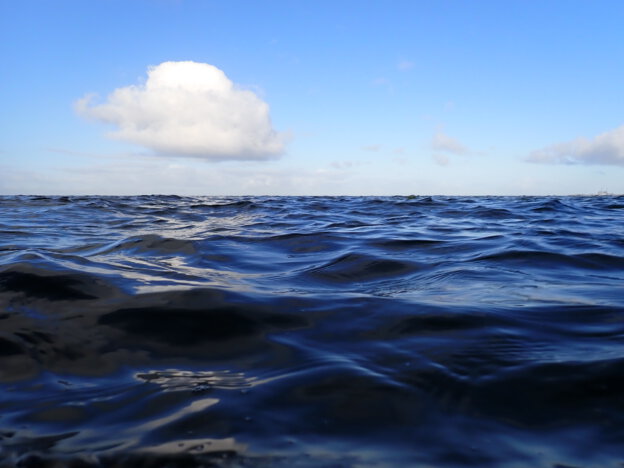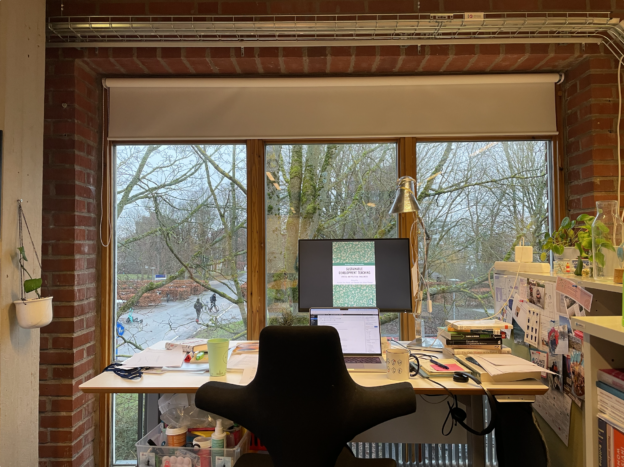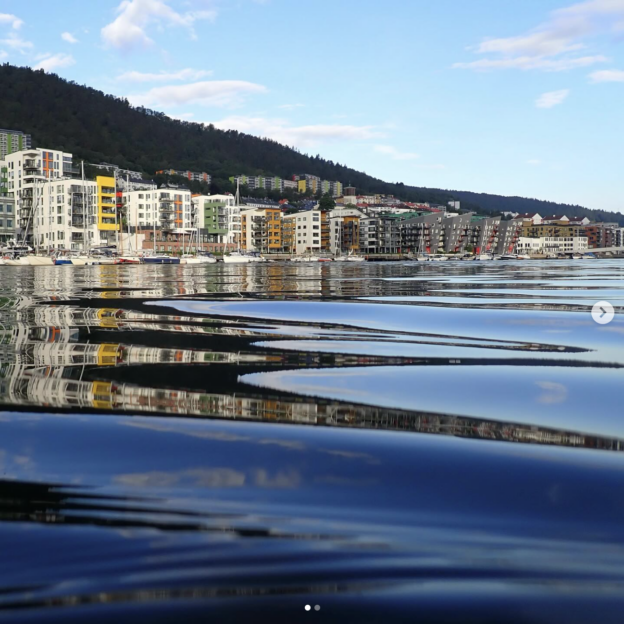Welcome to my blog, where I mostly write about
- Interesting ideas on learning and teaching: I write about my own ideas and experiences, but also about literature, conversations, conferences, … that touched me in some way and that I am currently thinking about
- #KitchenOceanography are experiments that can be done with household items, and how to use them in teaching and science communication, and just for my own enjoyment (and most recently: in freediving!)
- #WaveWatching is about hyper-local expeditions to connect theoretical concepts with the real world (here I show you lots of pictures from where I encounter water in my daily life, and I promise you’ll never look at water the same way as before!)
I started my blog in 2013 when I was a postdoctoral researcher in physical oceanography at the Geophysical Institute, University of Bergen, to have a place to document my #KitchenOceanography. But I kept blogging when I then went to Hamburg University of Technology as educational developer, to the Leibniz Institute for Science and Mathematics Education (IPN) for a stint in educational and science communication research, to GEO as a science communicator. Right now, I am an academic developer both at the Center for Engineering Education, Lund University, and at the Geophysical Institute, University of Bergen. Through all the changes in my career and life, my blog stayed, and grew with me, documenting my “Adventures in Oceanography and Teaching”.
